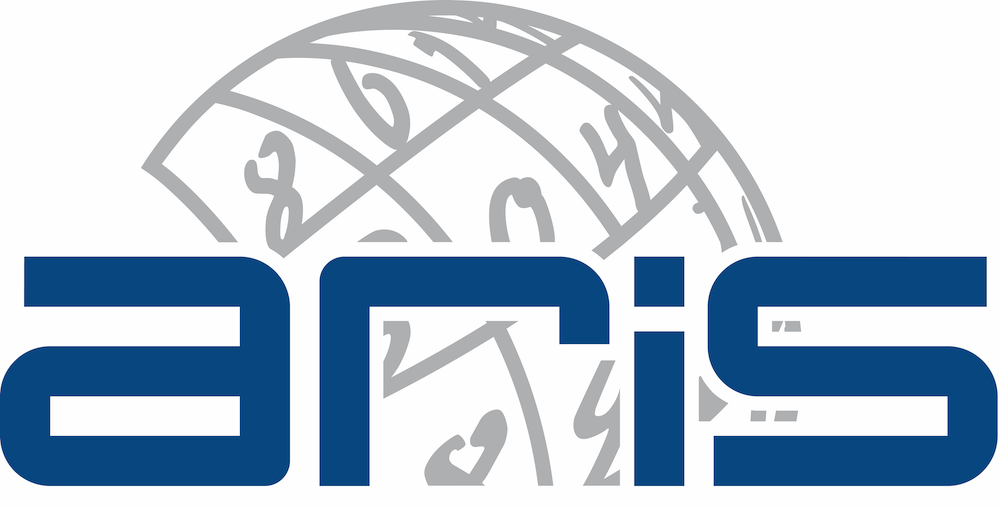Journal of Information Technology in Construction
ITcon Vol. 21, pg. 13-38, http://www.itcon.org/2016/2
Supporting Knowledge-Intensive Construction Management Tasks in BIM
| revised: | September 2015 | |
| published: | March 2016 | |
| editor(s): | Ruikar K | |
| authors: | Madhav P. Nepal, Lecturer
School of Civil Engineering and Built Environment, Queensland University of Technology, Brisbane, Australia; Email: madhav.nepal@qut.edu.au Sheryl Staub-French, Associate Professor Department of Civil Engineering, The University of British Columbia, Vancouver, Canada; E-mail: ssf@civil.ubc.ca | |
| summary: | The delivery of products and services for construction-based businesses is increasingly becoming knowledge-driven and information-intensive. The proliferation of building information modelling (BIM) has increased business opportunities as well as introduced new challenges for the architectural, engineering and construction and facilities management (AEC/FM) industry. As such, the effective use, sharing and exchange of building life cycle information and knowledge management in building design, construction, maintenance and operation assumes a position of paramount importance. This paper identifies a subset of construction management (CM) relevant knowledge for different design conditions of building components through a critical, comprehensive review of synthesized literature and other information gathering and knowledge acquisition techniques. It then explores how such domain knowledge can be formalized as ontologies and, subsequently, a query vocabulary in order to equip BIM users with the capacity to query digital models of a building for the retrieval of useful and relevant domain-specific information. The formalized construction knowledge is validated through interviews with domain experts in relation to four case study projects. Additionally, retrospective analyses of several design conditions are used to demonstrate the soundness (realism), completeness, and appeal of the knowledge base and query-based reasoning approach in relation to the state-of-the-art tools, Solibri Model Checker and Navisworks. The knowledge engineering process and the methods applied in this research for information representation and retrieval could provide useful mechanisms to leverage BIM in support of a number of knowledge intensive CM/FM tasks and functions. | |
| keywords: | BIM, Ontology, Design Features, Knowledge Management, Knowledge Specification, Construction Management | |
| full text: | (PDF file, 2.807 MB) | |
| citation: | Nepal M P, Staub-French S (2016). Supporting Knowledge-Intensive Construction Management Tasks in BIM. Journal of Information Technology in Construction (ITcon), 21, 13-38. https://www.itcon.org/2016/2 |





